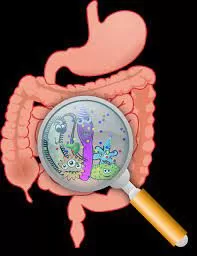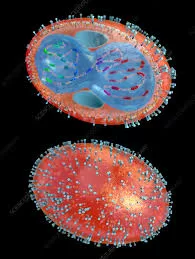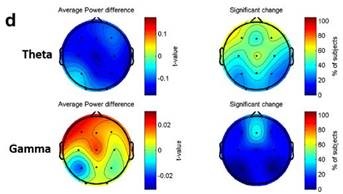A groundbreaking study conducted by researchers at the University College London (UCL) has revealed the potential of innovative carbon beads in mitigating the detrimental effects of liver cirrhosis and improving gut health.
Published in the esteemed journal Gut, the study highlights the efficacy of carbon beads, developed by UCL in collaboration with Yaqrit, a UCL-spinout company. These tiny beads, designed with a unique microscopic physical structure, demonstrate the ability to reduce bad bacteria and inflammation in animal models, both of which are linked to liver cirrhosis and other serious health issues.
Lead researcher Professor Rajiv Jalan from the UCL Institute for Liver and Digestive Health emphasizes the critical role of gut microbiome balance in maintaining overall health. “The influence of the gut microbiome on health is only just beginning to be fully appreciated,” Prof. Jalan explains. “When the balance of the microbiome is upset, ‘bad’ bacteria can proliferate and trigger gut inflammation, leading to damage to vital organs such as the liver, kidneys, and brain.”
In the study, the carbon beads, known by the product name CARBALIVE, were found to effectively restore gut health and alleviate liver, kidney, and brain dysfunction in rats and mice. When administered orally over several weeks, the beads prevented the progression of liver scarring and injury in animals with cirrhosis, ultimately reducing mortality in those with acute-on-chronic liver failure (ACLF).
Moreover, preliminary safety tests conducted on 28 cirrhosis patients revealed negligible side effects, indicating the potential for human application. If the same positive outcomes observed in animal models are replicated in humans, the carbon beads could represent a significant advancement in liver disease treatment.
Michal Kowalski, Vice President and CARBALIVE product lead at Yaqrit, underscores the promising results of the study. “These novel carbon beads work by absorbing endotoxins and other harmful metabolites produced by ‘bad’ bacteria in the gut, creating an environment conducive to the growth of beneficial bacteria,” Kowalski explains. “This prevents toxins from leaching into other areas of the body and causing damage, as seen in cirrhosis.”
The study marks a significant milestone in the journey towards developing effective treatments for liver disease and other conditions associated with poor gut health. With further trials planned to assess the beads’ efficacy in humans, researchers are optimistic about their potential impact on public health.
Funded by the European Union’s Horizon 2020 research and innovation programme, this groundbreaking research underscores the importance of collaborative efforts in advancing medical science and improving patient outcomes.











